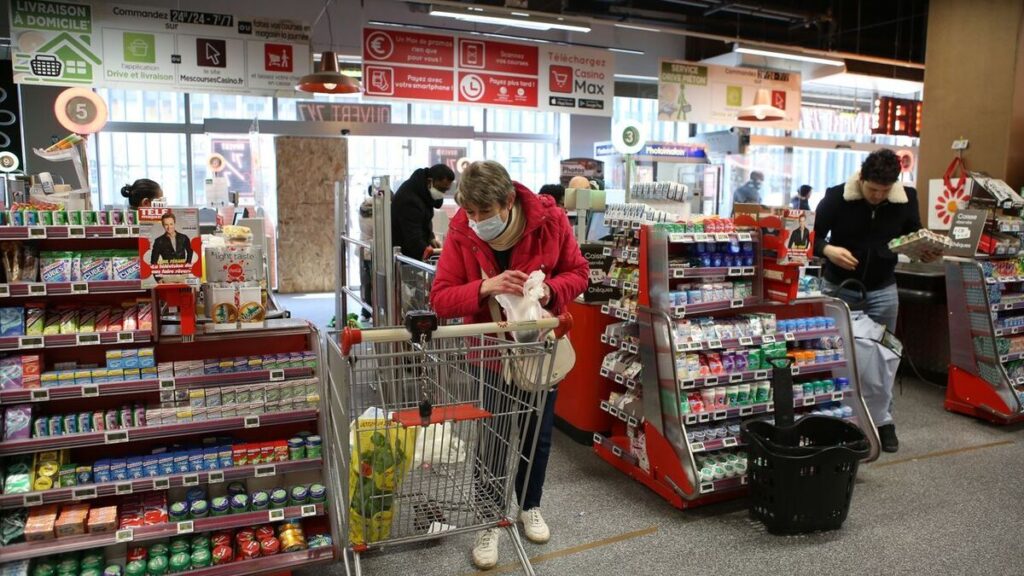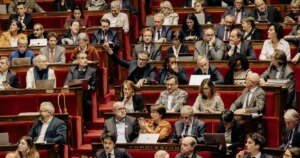
Household confidence in France fell slightly in November, and more households consider saving to be “opportunistic”, the National Institute of Statistics and Economic Studies (Insee) indicated on Tuesday.
The indicator summarizing household confidence stood at 89 in November, down one point compared to October and remaining below the long-term average (100 between January 1987 and December 2024).
The higher the indicator value, the better the household’s opinion of the economic situation.
INSEE sets these indicators based on questions divided into two main categories: one relating to the personal situation of households, and the other relating to their perception of general economic development.
A bad sign for household consumption
In November, while households considered their current and future saving capacity to be less favorable (-2 points), more households considered it “appropriate” to save (+1 point versus 45, historical average is 19). The balance of opinion between positive and negative responses reached “a new historical maximum, well above the long-term average”, underlined INSEE. This is a bad sign for household consumption, which is the weak link in French growth.
Regarding their financial situation, households’ opinion is “almost stable” (-1 point) both now and in the future. The proportion of those considering the opportunity to make a large purchase follows the same trend (-1 point).
Regarding the economic context in France, households are less confident about past living standards (-2 points), while the balance of opinion regarding future living standards increases by 1 point, but both are still below the long-term average.
Concerns about unemployment remain higher than the long-term average, but concerns were almost stable in November (-1 point), while the number of households who believe that prices will increase in the next twelve months has stabilized.





